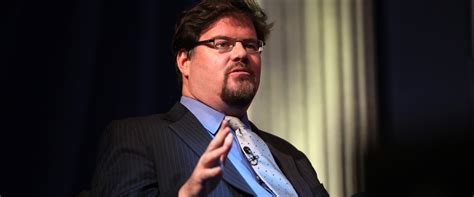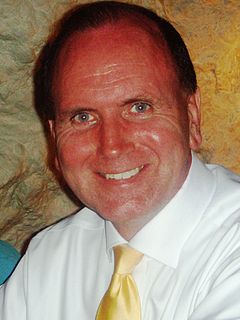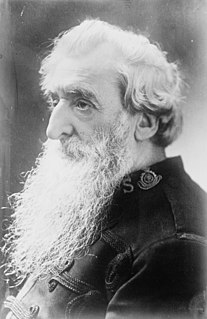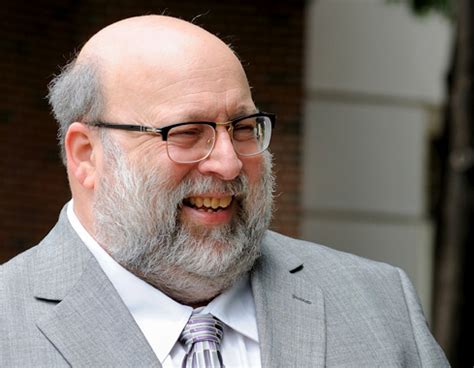A Quote by R. R. Reno
Religion gives us a place to stand outside politics, and without it we're vulnerable to a system in which the state defines everything, which is the essence of tyranny.
Related Quotes
Why shouldn't I be interested in politics? That is to say, what blindness, what deafness, what density of ideology would have to weigh me down to prevent me from being interested in what is probably the most crucial subject to our existence, that is to say the society in which we live, the economic relations within which it functions, and the system of power which defines the regular forms and the regular permissions and prohibitions of our conduct. The essence of our life consists, after all, of the political functioning of the society in which we find ourselves.
The ultimate aim of politics is not politics, but the activities which can be practised within the political framework of the State. Therefore an effective statement of these activities - e.g. science, art, religion - is in itself a declaration of ultimate aims around which the political means will crystallise... a society with no values outside of politics is a machine carrying its human cargo, with no purpose in its institutions reflecting their care, eternal aspirations, loneliness, need for love.
There are great truths at the foundation of Freemasonry, truths which it is its mission to teach and which is constituting the very essence of, that sublime system which gives the venerable institution its peculiar identity as a science of morality, and it behooves every disciple diligently to ponder and inwardly digest.
The switch to the market in Eastern Europe, of course, has not exactly been one of the greatest advertisements for the market. There's no question the socialist system - and I hate to use the word 'socialist,' but I suppose some description of a system in which the state is in control - was breaking down, really collapsing. In these countries, most markedly in Russia itself and in a number of the others, it obviously was based on a tyranny, which is unacceptable even if it were producing good economic results, which it was not.
We are in a war of a peculiar nature. It is not with an ordinary community, which is hostile or friendly as passion or as interest may veer about: not with a state which makes war through wantonness, and abandons it through lassitude. We are at war with a system, which by its essence, is inimical to all other governments, and which makes peace or war, as peace and war may best contribute to their subversion. It is with an armed doctrine that we are at war. It has, by its essence, a faction of opinion, and of interest, and of enthusiasm, in every country.
Economics now drives politics. This gives us a system in which the relationship between power and politics is no longer fused. Power is global. We have an elite that now floats in global flows. It could care less about the nation-state, and it could care less about traditional forms of politics. Hence, it makes no political concessions whatsoever. It attacks unions, it attacks public schools, it attacks public goods. It doesn't believe in the social contract.
In a state of tranquility, wealth, and luxury, our descendants would forget the arts of war and the noble activity and zeal which made their ancestors invincible. Every art of corruption would be employed to loosen the bond of union which renders our resistance formidable. When the spirit of liberty which now animates our hearts and gives success to our arms is extinct, our numbers will accelerate our ruin and render us easier victims to tyranny.
So it can be for us as we allow the stirrings of hope to motivate us to action; and then as we act so that our hope becomes faith, that faith gives us power and enthusiasm for the principles of the gospel, which leads us to further action. Soon, we are lifted out of the state of hopelessness, and we begin to aid those around us by working to make the world a better place, rather than languishing in misery watching the world go by without us.
We lump together all things that are beyond the capacity of all of us collectively to understand-and one name we give to all those things together is God. Therefore, God is the creative force, the sustaining power, that which motivates toward constant change, the overall intelligence which governs the universe by physical and spiritual law, truth, love, goodness, kindness, beauty, the ever-present, all-pervading essence or spirit, which binds everything in the universe together and gives to everything in the universe.
We need to be clear that there is no such thing as giving up one's privilege to be 'outside' the system. ONE IS ALWAYS IN THE SYSTEM. The only question is whether one is part of the system in a way which challenges or strengthens the status quo. Privilege is not something I take and which I therefore have the option of not taking. It is something that society gives me and unless I change the institutions which give it to me, they will continue to give it, and I will continue to have it, however noble and egalitarian my intentions.


































